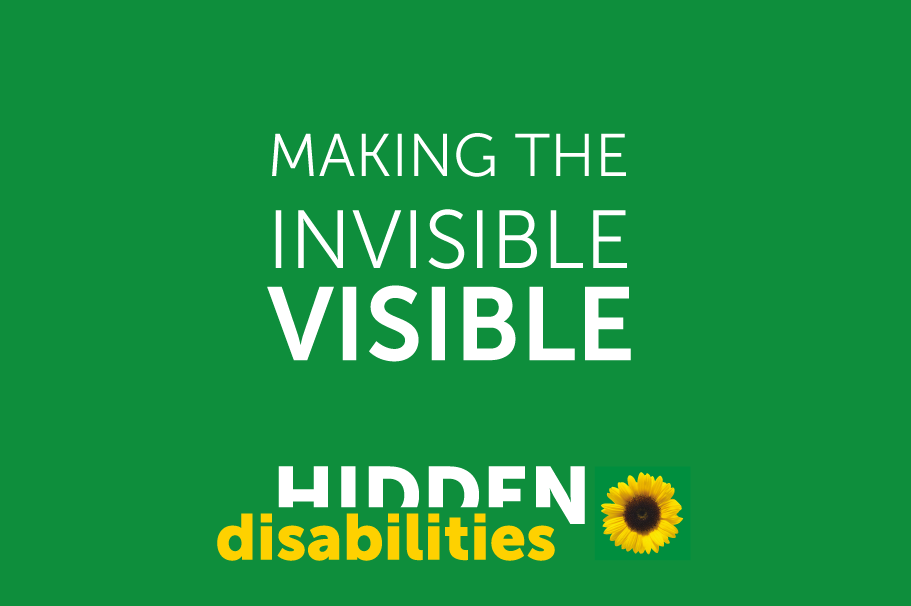
Former Kent student, Charlotte Aspland, wrote her 2021 Master of Research (MRes) thesis on the impact of hidden disabilities on individuals’ identity, and speaks from personal experience:
~~~
‘When I was 10 I was diagnosed with Stargardt’s Macular Dystrophy, an eye condition which affected my central vision . My vision went from 100% to 19% in just 6 months and my sense of self was shaken. All throughout school I hid my struggles and attempted to fit in.
Often other students confront me with questions like “Why don’t you just get glasses?” or “When are you getting a dog?” My lack of external aid made others avoid asking me about my sight loss and the desire to fit in led me to mask my impairment. I never had the chance to decade how my sight loss factored into my identity.
I never wanted “Blind” to be the first thing that people knew about me and I took pride in announcing the fact after I had spent time with them.
My favourite thing to hear was “Oh my gosh! I had no idea”
Coming to terms with an invisible disability can be tough and it can take time to decide that an impairment can be a part of who you are without altering the way the world perceives you! Eventually I decided that i should just own it and be blind and not care what people have to say because it doesn’t change who I am and what I have achieved.’
~~~
Charlotte’s thesis is available online to read in full on the Kent Academic Repository.
The printed abstract will be available as part of the exhibition Disability History at Kent: Our Stories, in the Marlowe Building Foyer from 24 November until 16 December. For more events and activities taking place during Disability History Month (DHM) at Kent on our campuses and online, visit Kent’s DHM webpage.
Did you know that Student Support and Wellbeing (SSW) advisers can help students set up the support they need at any time during their studies? Check out this guide on Seeking Support from SSW for more information.
Follow #DHMKent22 and #InclusiveKent on social media for the latest, and if you would like to contribute your experience and perspective to conversations, podcasts or articles on this theme during the month, please email StudentServicesWeb@kent.ac.uk.
Written by Charlotte Aspland, and Natalia Crisanti, Student Services, 18.11.22




